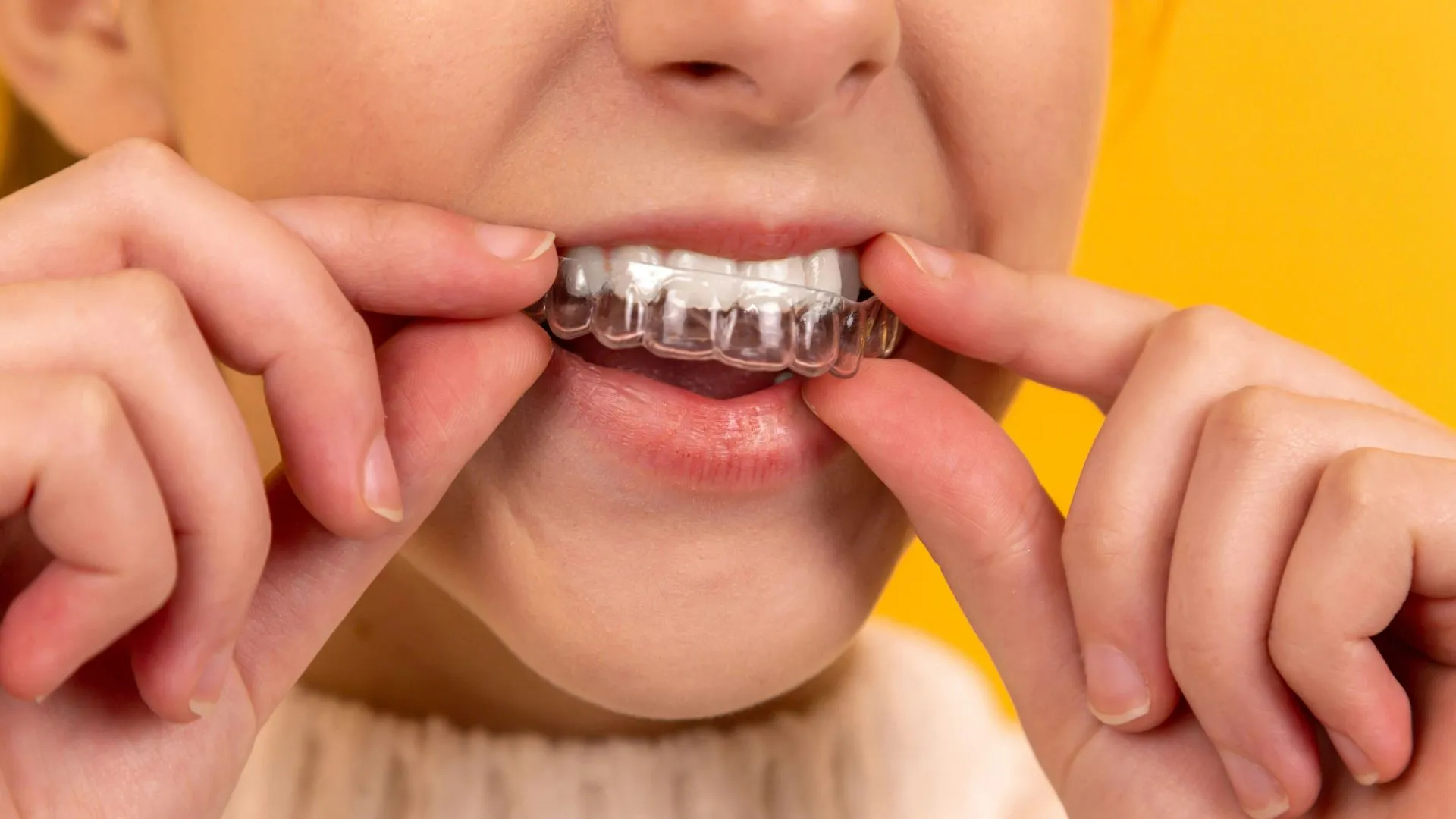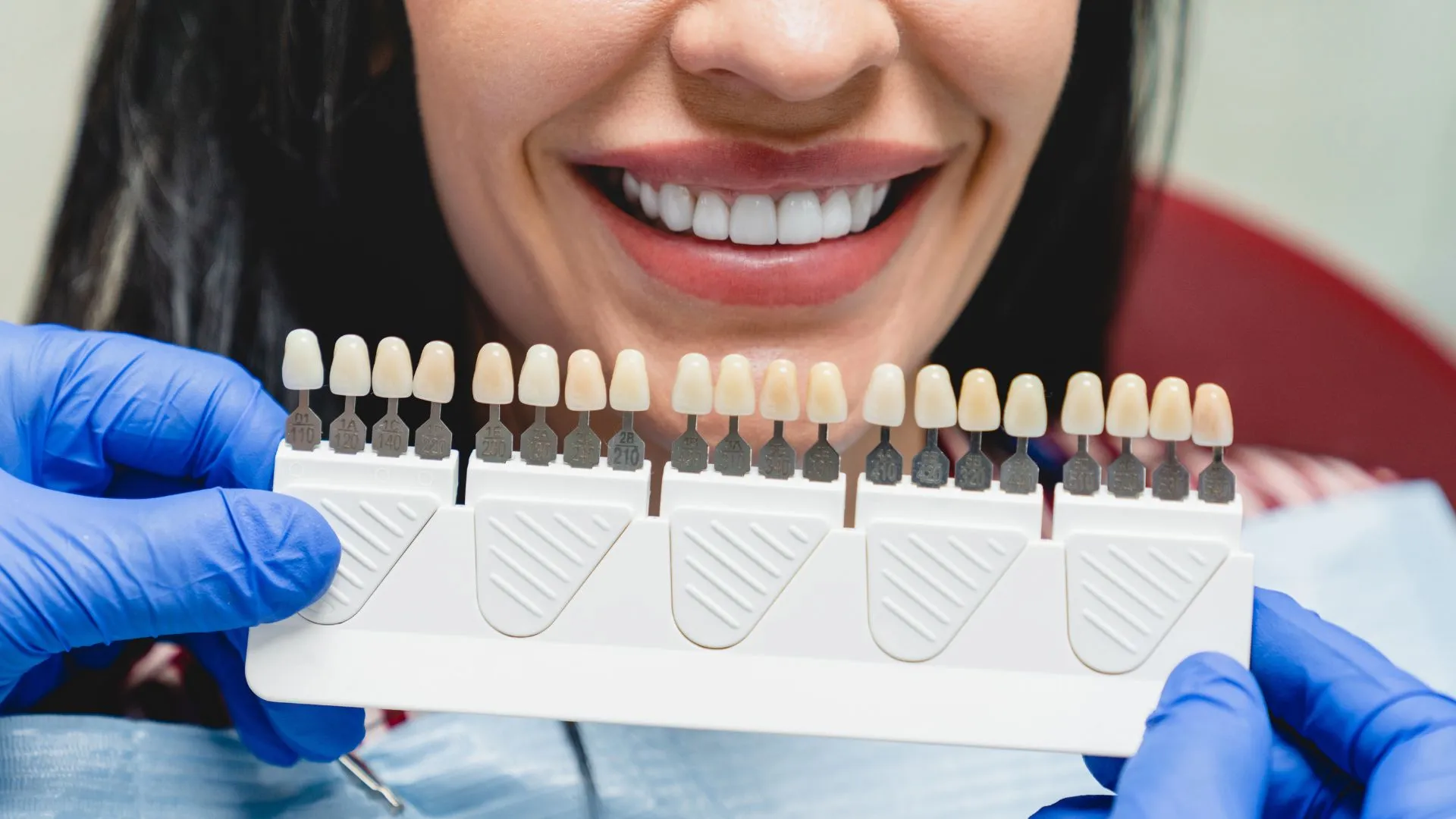If you’re an individual who has damaged, missing, or otherwise failing teeth, your dentist has probably suggested dental implants. You might be wondering what dental implants are if you’ve never heard of them. In short, they are surgically implanted…
If you’re an individual who has damaged, missing, or otherwise failing teeth, your dentist has probably suggested dental implants. You might be wondering what dental implants are if you’ve never heard of them. In short, they are surgically implanted tooth replacements that act and look similar to your natural teeth.
Now, at first, the thought of surgery probably seems really intimidating and something that might be super painful. However, dental implant surgeries are actually very safe considering you go through all the necessary pre-surgical steps with a trusted dental surgeon beforehand. As for the pain, that can be managed as well and isn’t as extreme as you’d imagine.
To learn more about implants, the amount of pain to be expected following surgery, and how to deal with that discomfort by reading down below.

As mentioned above, dental implants involve surgery. Even though most surgeries are successful and involve slight pain that can be reduced with simple pain relievers, it’s a good idea to really understand what a dental implant is. The following article by the American Academy of Implant Dentistry provides a full definition of a dental implant and the different types available. By understanding the procedure ahead of time, you can plan with your dental surgeon ways to reduce pain and eliminate risks associated with surgery.
Types of implants & techniques
There are two main types of implants:
- Endosteal: These dental implants are placed in the jawbone. Typically made of titanium and shaped like small screws, they are the most commonly used type of implant.
- Subperiosteal: These dental implants are placed under the gum but on, or above, the jawbone. This type of implant may be used in patients who do not have enough healthy natural jawbone and cannot, or do not want to, undergo a bone augmentation procedure to rebuild it.
Moving on to pain expectations as far as dental implant procedures go, you can expect to feel a slight throbbing and achy sensation immediately following the surgery. Normally, this pain can be managed with light doses of pain relievers that you can find at your local grocery stores.
In some cases, your dentist might prescribe you something a little stronger to help ease the pain in extreme situations but it’s very unlikely. Your dental surgeon will want you to actually still feel a slight pain in the surgical area to be able to properly monitor your healing process.
Below, the Advanced Cosmetic & Family Dentistry lists an in-depth description of what to expect after surgery and recommendations to relieve discomfort after your dental implant surgery.
Does dental implant surgery hurt? How about afterwards?
Immediately after the surgery and for a few days you will likely experience some discomfort. After all, this is a major dental procedure. However, any pain should be manageable. Discomfort may be felt in the chin, cheeks, or underneath the eyes. You may also experience bruising of the skin and gums, pain at the implant site, and minor bleeding. Painkillers, such as Ibuprofen, will be recommended.
After dental implant surgery, you should use an icepack (or packages of frozen vegetables) to reduce swelling, and soft foods should be eaten after each stage of the surgery for up to 10 to 14 days.
Rinsing gently with warm salt water throughout the days following the procedure will help bathe and soothe the tissues and will offer additional relief.
Besides being cautious of pain you might experience during or after surgery, you should be aware of potential issues that might arise and lead to later pain if not taken care of from the start.
Frederick G Hegedus, D.D.S. Oral & Maxillofacial Surgeon addresses one of these issues in the following article segment as being the risk of infection you might contract if you don’t properly care for your dental implants after surgery. Following a strict oral hygiene routine can help to prevent infection from occurring and additional pain from arising.
After dental implant surgery
Keeping your mouth clean after surgery is essential to reduce the risk of infection. Start rinsing your mouth with warm salt water (1/2 tsp. salt with 1 cup water) every 2-3 hours. Continue this for several days, then rinse 3-4 times a day for the next 2 weeks.
You may start normal tooth brushing the day after surgery, except in the operated area. Rinse your toothbrush under hot water to soften the bristles and avoid vigorous rinsing. It is important to keep your mouth clean, since accumulation of food or debris may promote infection.
Read more…



